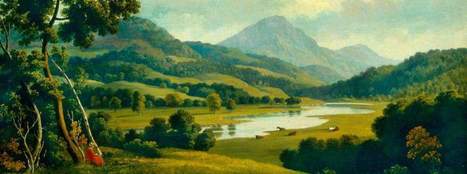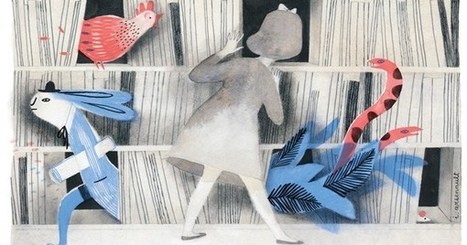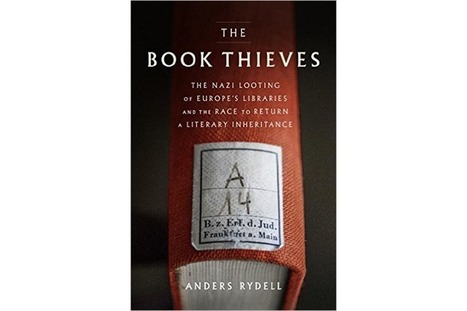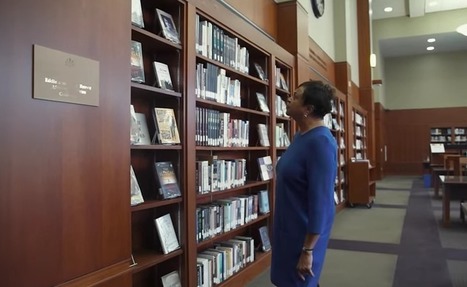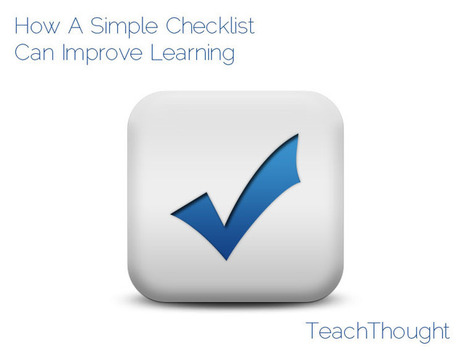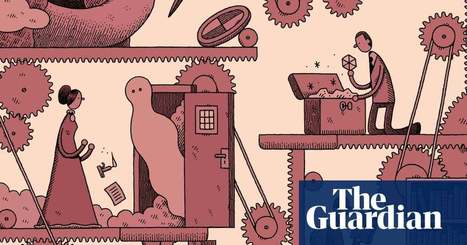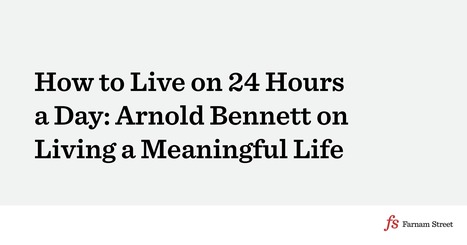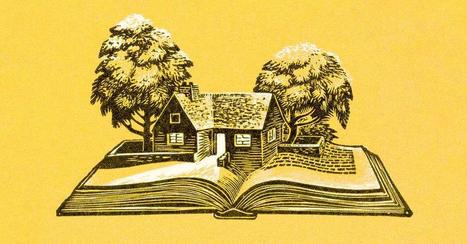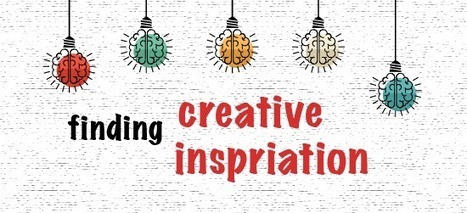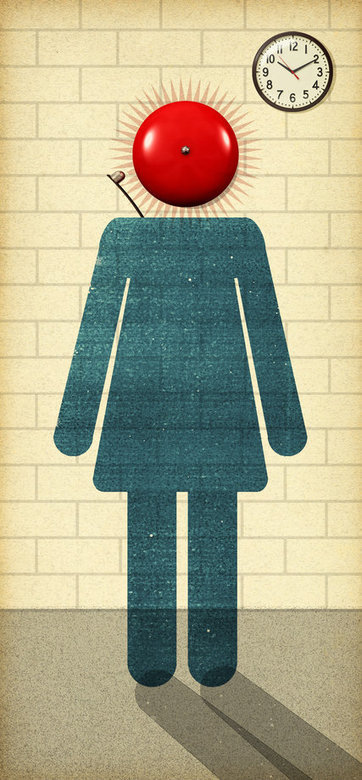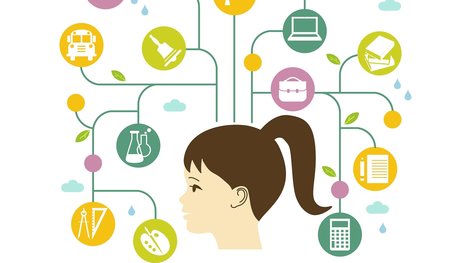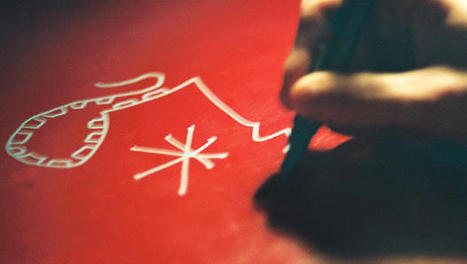Left foot, right foot. Left foot, right foot. * Since we last picked our kids up at school, four months ago, we have taken two walks a day around our neighborhood on the south side of Chicago. I th…
Get Started for FREE
Sign up with Facebook Sign up with X
I don't have a Facebook or a X account

 Your new post is loading... Your new post is loading...
 Your new post is loading... Your new post is loading...
Beth Dichter's curator insight,
December 8, 2013 10:27 PM
How can check lists help students? Below are a few of the ways suggested by this post. Click through to read all of them. * A task-based checklists allow students to follow steps providing guidance to successful completion of complex tasks. * Checklists help with metacognition. They help students "become aware of their learning process." The post also provides five resources to use checklists in your course. * Wunderlist * List Weaver * TeacherVision.com * ReadWriteThink.org Remember that your check lists may change as students use them...and to ask students for their feedback as they may have ideas that you have not considered.
Gary Harwell's curator insight,
December 9, 2013 11:54 PM
Why don't we get our students into the habit of making a list? |
|



